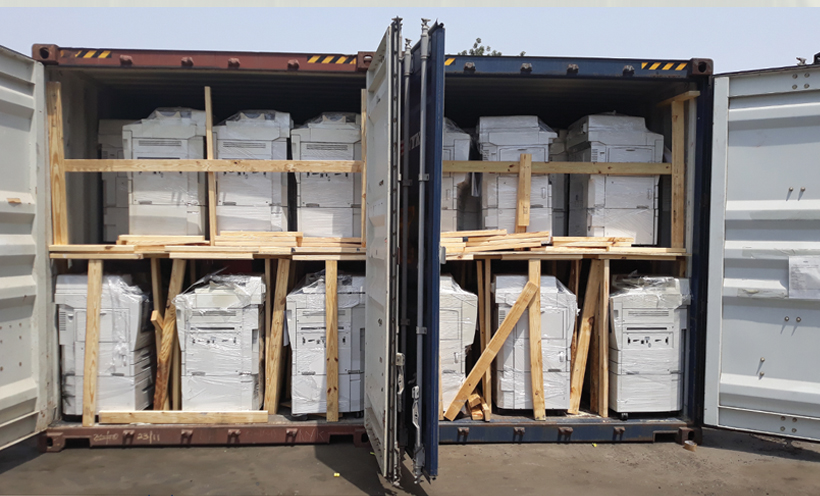Support
About the Service
Understanding the logistical challenges and complexities of shipping used copiers overseas, we've launched a comprehensive solution. Once you have accumulated enough copiers to fill a 40-feet container, we take care of everything else — from collection to exportation.
Our Services
Support Include
Global Shipping Logistics Services Include Shipping and Transport Handaling. Support for used copiers typically involves maintenance, repairs, and technical assistance to ensure the copier continues to function correctly.
Here's some information about the types of support you might need for Shipping and Logistics and used copier.
- Global Shipping & Logistics
- Import and Export Regulations
- Customs Clearance
- Packaging and Handling
- Freight Options
- Insurance
- Documentation
- Shipping Costs
- Incoterms
- Transportation Risks
- Track and Trace
- Logistics Partners
- Technical Support
- Maintenance Services
- Repairs
- Technical Support
- Software Updates
- User Training
- Remote Monitoring
- Phone and Email Support
- On-Site Service
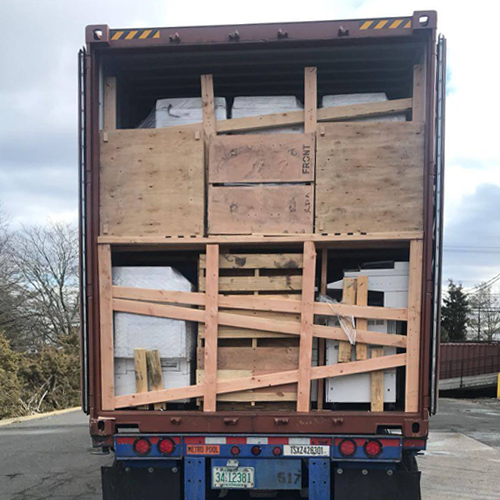
Global Shipping and Logistics ………..
Global shipping and logistics play a crucial role in the used copier business, especially when dealing with international transactions and shipments. Here are some key considerations and aspects to keep in mind when it comes to global shipping and logistics in the used copier industry.
-
Import and Export Regulations:
- Different countries have varying import and export regulations for electronic equipment, including copiers. It’s essential to research and understand the specific requirements, documentation, and compliance standards for both the country of origin and the destination.
-
Customs Clearance:
- Copiers are subject to customs clearance procedures in each country. This process involves documentation, duties, taxes, and inspections. Working with experienced customs brokers or freight forwarders can simplify this process.
-
Packaging and Handling:
- Proper packaging is crucial to ensure that used copiers arrive at their destination in good condition. Adequate protection can prevent damage during transit. Additionally, labeling and handling instructions should be clear and accurate.
-
Freight Options:
- Choose the most suitable freight option for your used copier shipments, whether it’s air freight, sea freight, or road transportation. Consider factors like cost, transit time, and the fragility of the equipment.
-
Insurance:
- Insuring your shipments is essential to protect against potential damage, loss, or theft during transit. Verify that your cargo insurance adequately covers the value of the copiers being shipped.
-
Documentation:
- Accurate and complete documentation is critical for international shipments. This includes commercial invoices, packing lists, bills of lading, certificates of origin, and any necessary permits or licenses.
-
Shipping Costs:
- Understand the total shipping costs, including freight charges, customs duties, taxes, and fees. It’s essential to factor in these costs when pricing your used copiers for international sales.
-
Incoterms:
- Use internationally recognized Incoterms (International Commercial Terms) to specify the responsibilities of the buyer and seller regarding shipping and delivery. Common Incoterms used in the industry include EXW (Ex Works), FOB (Free On Board), and CIF (Cost, Insurance, and Freight).
-
Transportation Risks:
- Be aware of potential transportation risks, such as delays, weather-related issues, and political instability in certain regions. These factors can impact the timing and safety of your shipments.
-
Track and Trace:
- Utilize tracking and tracing systems provided by shipping companies to monitor the progress of your shipments in real-time. This can help you stay informed about the location and status of your copiers in transit.
-
Logistics Partners:
- Partner with reliable logistics and shipping companies that specialize in handling electronic equipment or used copiers. These companies can provide valuable expertise and ensure smoother international transactions.
Global shipping and logistics in the used copier business require careful planning, compliance with regulations, and attention to detail to ensure that copiers reach their destination safely and on time. Working with experienced professionals and logistics partners can simplify the process and reduce the risks associated with international shipments
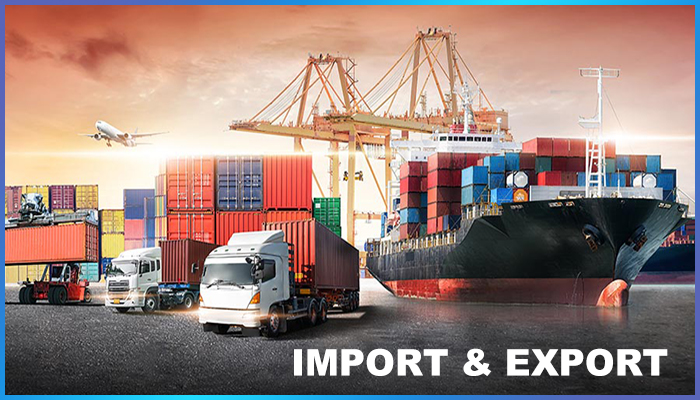
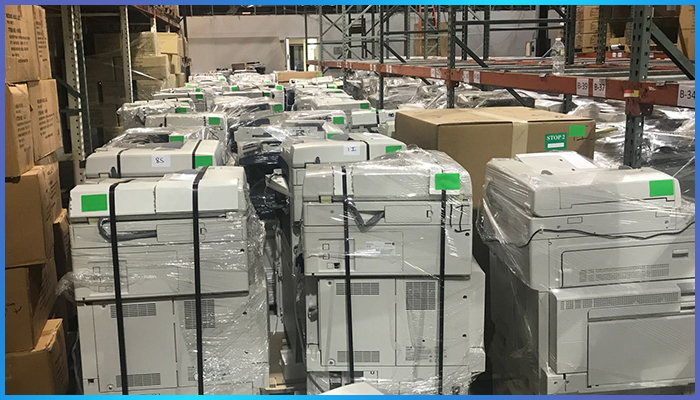
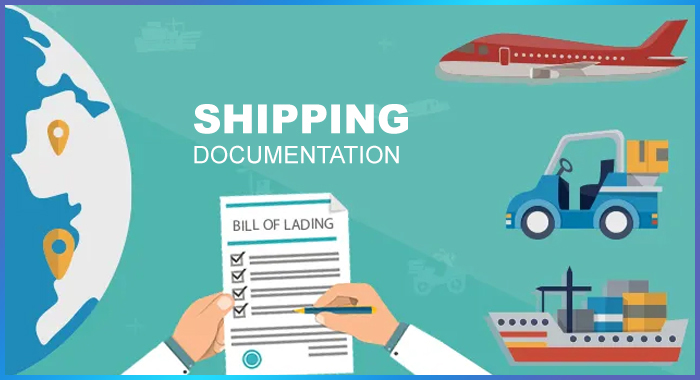

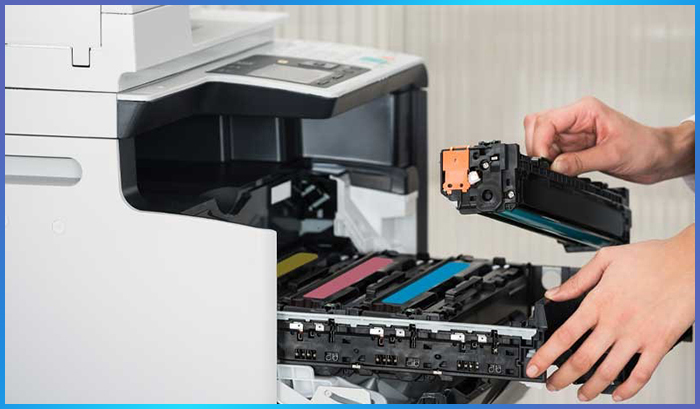
Technician Check The Drum Catridge of Printer
 User Training : We Train your staff and user training sessions to ensure efficient and proper usage
User Training : We Train your staff and user training sessions to ensure efficient and proper usage
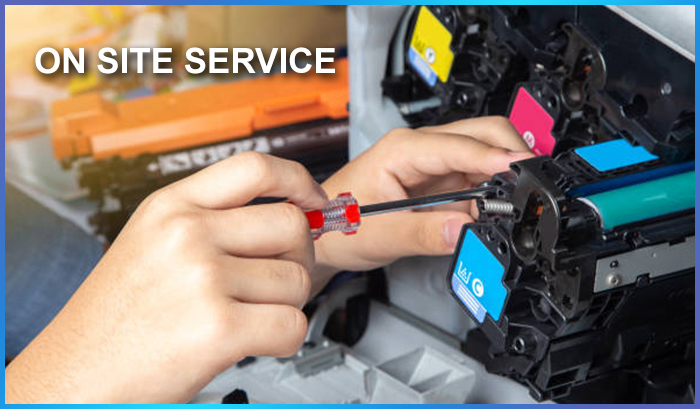 Technician is checking and changing the printer equipment cartridges toner of laser jet multi function printer in the office.
Technician is checking and changing the printer equipment cartridges toner of laser jet multi function printer in the office.
Technical Support ………..
Support for used copiers typically involves maintenance, repairs, and technical assistance to ensure the copier continues to function correctly. Here’s some information about the types of support you might need for a used copier:
- Maintenance Services:
- Regular maintenance is crucial to keep a used copier in good working condition. Maintenance services may include cleaning, lubrication, and inspection of key components to prevent issues before they occur.
- Repairs:
- Used copiers can experience mechanical problems over time. Repair services are essential for fixing issues such as paper jams, malfunctioning parts, or error codes. Some companies offer on-site repairs for convenience.
- Technical Support:
- Technical support can assist users with troubleshooting problems, understanding error messages, and resolving minor issues without the need for a service call. This can often be provided over the phone or online.
- Supply Replenishment:
- Used copiers require regular supplies like toner cartridges, paper, and maintenance kits. Many providers offer automatic supply replenishment programs to ensure you never run out of essential materials.
- Software Updates:
- Copiers often have embedded software that can be updated for improved performance, security, or new features. Check if your support provider offers software updates for your specific copier model.
- User Training:
- If you’re new to operating a particular copier model or need to train staff, some support providers offer user training sessions to ensure efficient and proper usage.
- Remote Monitoring:
- Some companies offer remote monitoring services, allowing them to track the performance and status of your copier. This can help detect issues early and prevent downtime.
- Warranty Coverage:
- If your used copier is still under warranty, make sure you understand the warranty terms and what types of issues are covered. Warranty service may include free repairs or replacement of defective components.
- Extended Service Agreements:
- You can purchase extended service agreements or maintenance contracts for your used copier. These agreements can provide peace of mind by covering maintenance, repairs, and support for a specified period.
- Phone and Email Support:
- Many support providers offer customer service hotlines and email support for inquiries and assistance. This is often the first point of contact for troubleshooting.
- On-Site Service:
- For more complex issues or major repairs, some providers offer on-site service, where a technician comes to your location to diagnose and fix the problem.
When seeking support for your used copier, it’s essential to choose a reputable and authorized service provider with experience in maintaining and servicing your specific copier model. They should have a clear understanding of the copier’s history, maintenance needs, and potential issues that may arise with used equipment.




